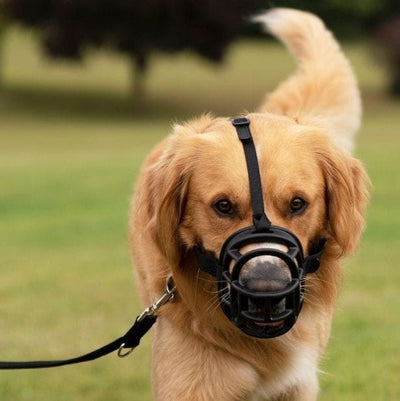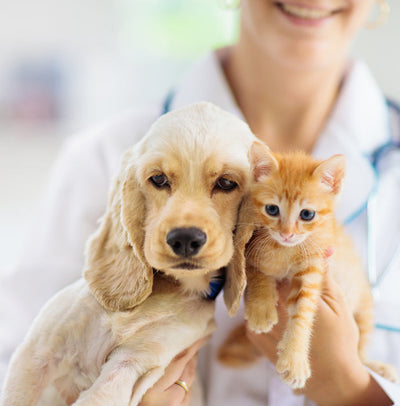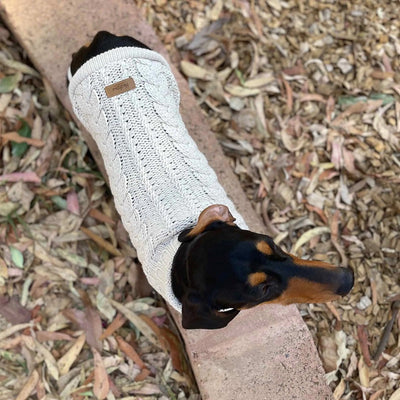The Meaning Behind Your Cat's Purring Explained

Cats' purring behavior is almost legendary and mysterious, leaving many people wondering exactly why cats purr and what it means. While there is no single answer, modern research has shed new light on this age-old mystery, providing insight into why cats purr and the significance of their behavior.
Cats purr for many different reasons, but studies have found that the most common reason is simply to show contentment. Apart from being a sign of pleasure, cats also use purring as an expression of comfort when distressed or in pain.
What Does it Mean When a Cat Purrs?
Cats can purr for a variety of reasons, though the most common explanation is that cats purr to express contentment and pleasure. When your cat is happily curled up next to you, it’s believed that their purring serves as a way for them to communicate their feelings of pleasure and safety. Additionally, it is thought that cats may also use purring to soothe themselves when they are feeling anxious or stressed.
The Different Types of Purring Sounds That Cats Make.
Cats make a variety of purring sounds that can tell us something about how they are feeling in the moment. There is a long purr, which tends to be slightly higher in pitch than other purrs and sounds more pleasant. This is likely to be associated with happiness or contentment. Then there is the shorter, softer purr which may signal insecurity or stress. There is also a rumbling purr which is usually deeper in pitch and indicates that your cat may be feeling relaxed and playful.
Some cats will produce a more high-pitched, urgent purr when they want something from their human owners, like food! According to researchers, humans are more likely to react to this type of urgent, solicitation purr. A 2009 study conducted playbacks of purrs from 10 cats recorded in both solicitation contexts with cries accompanying the purrs and in non-solicitation contexts. The 50 human participants regarded the solicitation purrs as more urgent and less pleasant.
Cats purr with a consistent pattern and frequency between 25 and 150 Hertz, loud enough for humans to hear and feel the purr's vibrations.
Purring as a Self-Soothing Tool for Cats.
Cats often use purring as a way to soothe themselves in uncomfortable situations. Studies have shown that cats will start purring even when experiencing pain or anxiety and that the sound can act as a calming mechanism. When your cat is feeling scared, he may start purring to help him relax and cope with his feelings. To a cat, the comforting sound of their own voice can be just as valuable as any other form of comfort you may offer.
How to Encourage Your Cat to Purr More.
Cats become accustomed to their own purring, so it can take time for felines to learn how to use the sound as a soothing technique. To encourage your cat to purr more, you can try providing them with a comfortable and safe spot where they feel secure enough to unwind. You can also give your cat plenty of cuddles and show them plenty of affection, as this will help them relax and become more prone to purr. Additionally, try talking gently to your cat or creating other soothing sounds like playing calming music which may help stimulate them into a content state of mind that encourages more purring.
Can Catnip Stimulate Purring in Cats?
Catnip is a herb from the mint family that contains a chemical called  nepetalactone, which can have a strong effect on cats. When cats smell or ingest catnip, it can trigger a variety of behaviors, including rolling, playing, and vocalizing.
nepetalactone, which can have a strong effect on cats. When cats smell or ingest catnip, it can trigger a variety of behaviors, including rolling, playing, and vocalizing.
While catnip can cause cats to vocalize more, it is not directly related to purring. Purring is a natural behavior that cats use to communicate and express their emotions, and it is not typically influenced by external factors like catnip.
That being said, catnip can have a calming effect on cats, which can help them to relax and potentially increase the likelihood of purring. However, this will depend on the individual cat and its personality and preferences. Some cats may be more inclined to purr than others, regardless of whether they are exposed to catnip or not.
Common Misconceptions About Cat's Purring.
While cats may have their own personal sense of why they purr, there are some common misconceptions about their purring behavior that simply aren't true. While purring is most commonly associated with an expression of cat happiness, your cat may also purr while stressed or anxious, like when visiting the vet. If your cat is nervous, purring can be a way for them to self-soothe and calm down.
Some cat owners mistakenly believe that if a cat starts purring, it means they are happy or content. But this isn't necessarily the case - a cat could be purring out of fear or insecurity. Other incorrect beliefs include the idea that cats only purr when they are being petted or when in the presence of humans - cats can actually learn to associate different sounds with pleasant experiences and may start to purr even when there is no human contact involved.
Simply plug in & the diffuser will emit a synthetic feline facial pheromone that cats respond to.
© weknowpets 2023







